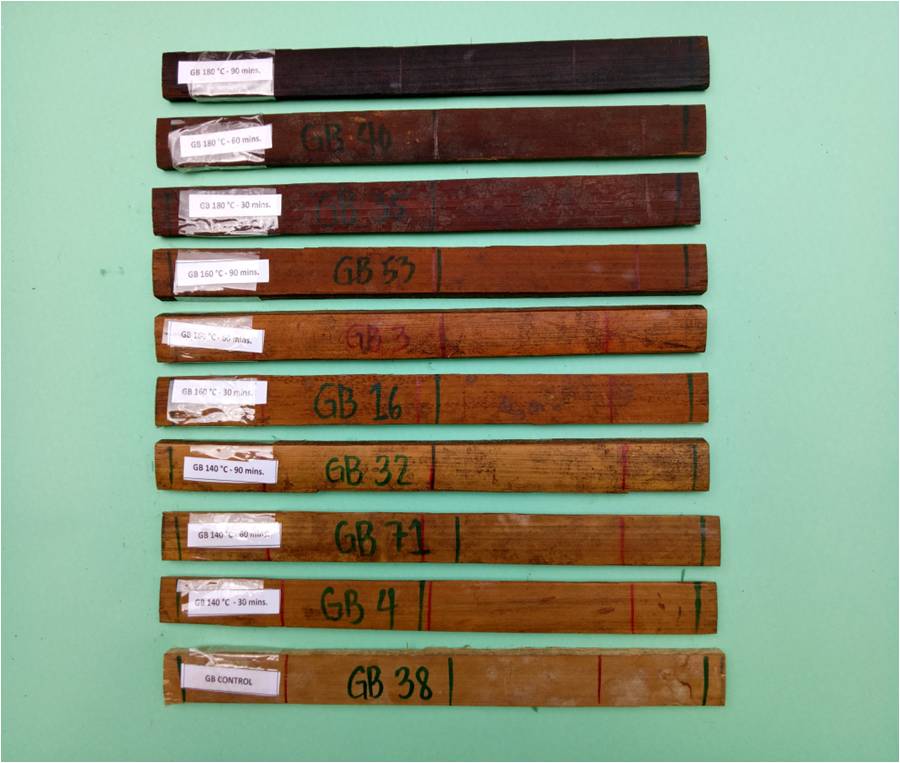By Dr. Dencio Acop
There are fundamental issues in Philippine politics that, unless rectified, doom good governance. One, the practice whereby it is candidates who seek political power is dysfunctional because it is a reality that has it all backwards. Two, erroneous and weak provisions in the Philippine Constitution must be amended. And three, social justice must be taken seriously for society cannot advance in the direction where it should go without it. There are some others I know but let us limit our discussion to these three critical basics for now. There will be time for the others.
First, the fact that it is candidates who seek election into public office is already wrong. It should be the other way around. It is the electorate who should be selecting the candidates it wants to put into power because such individuals will represent its best interests in the arena of governance. No wonder our politics does not work and we always end up with the wrong people lording it over us. Normally, it is people with vested interests who want to win seats in power. Why? Because perhaps they are oligarchs themselves, members of political dynasties who want to preserve their families’ stranglehold on wealth and power under the guise of public service. Which is really self-service. Another reason is perhaps because repeating public officials want to protect themselves from litigation once out of power. And therefore, seek re-election more for personal gain. Yet another is the fact that it is usually the losers who seek political power to win what they could not from academic achievement, honest work, or a selfless life. The imperfections obtaining in the electoral process, like guns, goons, and gold only make it easier for the wrong people to enter politics and even win. Governance is too serious a business to leave it to losers and yet this seems to have been the case due to the dysfunctions cited in this discussion. If the people are truly the masters of their own fate in a society then it should be them who would be prodding certain individuals to represent them or their interests — what is collectively termed national interest or the common good. Of course, the people would want candidates with honesty, education, demonstrated competence, and statesmanship to represent them over other candidates who are criminals, lazy, dishonest, incompetent, and abhorrent. Because the former kind is what gets the job done.
Second, erroneous and weak provisions in the local Constitution must be corrected. One, the multi-party system provision is one that has enabled every minority leader to lead nationally! How democratically infirm is that! Democracy means at least a 51% president should be leading the nation. Another infirmity of this provision is the fact that it allows a dishonest candidate to win because such a candidate only needs to win a relatively small fraction of the voting population (especially if there are more presidential candidates running) which is easier to manipulate given an imperfect electoral system. Two, the provision that the two top candidate positions can come from opposing parties dooms governance to a pattern of rife instead of continuity in governance. Three, the one six-year presidential term is such a hair-brained idea because it prolongs the agony of the people with a bad president and cuts two years from a good one. The old provision of two four-year terms was much better. If we copy the American structure we should copy it well because theirs has been the result of years of experience much longer than ours. Also, not every Marcos initiative was necessarily bad for us. The policy of de-Marcosification at the time was carried to the extreme. The costs of those mistakes we bear now. Even the deactivation of the Philippine Constabulary is a mistake. I was in the PC and I can tell you now that the old PC is a much better organization than the PNP which we have today.
And third, there must be social justice for any decent society for it to survive in the direction it must go which is national development but not at the expense of its national soul. There is no other worthy regime for any aspiring civil society other than the rule of law. It is the way of just peace which paves the way for a level playing field in the pursuit of wealth, happiness, and national security. A nation cannot survive without it. Without social justice, governance will quickly degenerate into repression which unjustly rewards what should be punished while punishing what should be rewarded. Social justice is the kind of justice we all seek because it does not discriminate based on wealth and power but promotes the common good so that all and the nation can flourish as a whole. Crime must not pay. If there is true social justice, the balance of power is observed allowing the independent judiciary to prosecute without fear or favor. Thereby leveling the playing field so that no minority interest can lord it over the larger people’s or national interest. Social justice leads to national security because threats cannot arise where fair play thrives and abounds.
In conclusion, these three fundamentals — people over candidate methodology, critical constitutional amendments, and genuine social justice — if implemented, shall go a long way toward reforming Philippine politics. If not, local politics will just continue the way it has — chaotic and dysfunctional.














